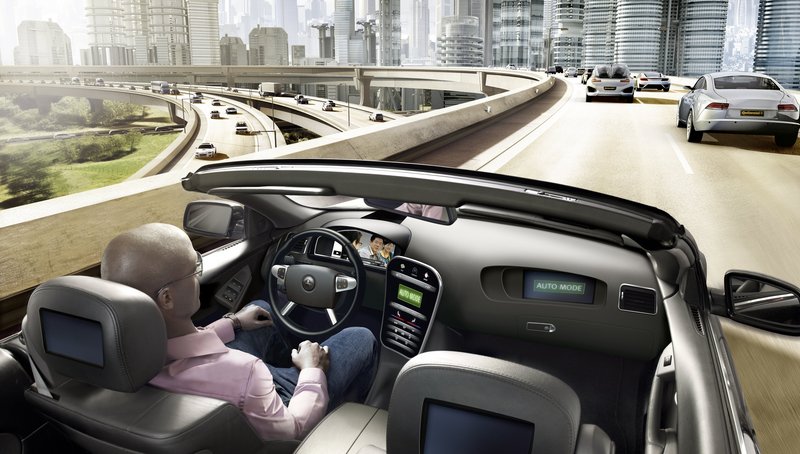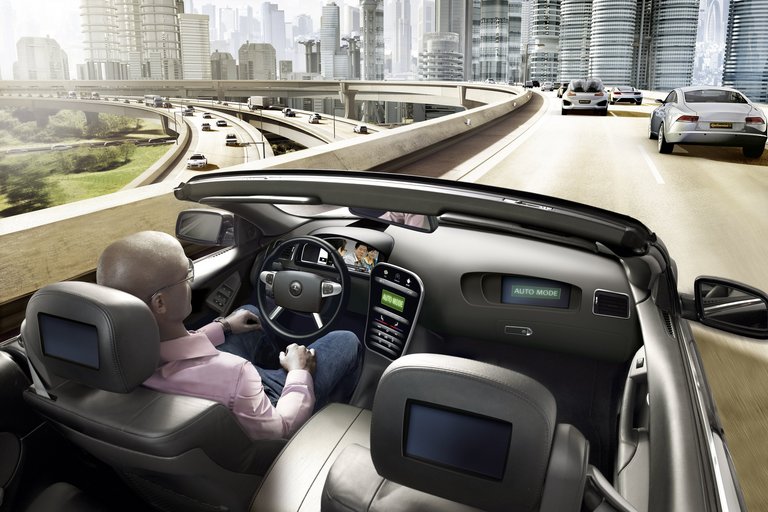Drivers hold on to the steering wheel – and have expectations for the existing technology
During the coronavirus pandemic, which has reinforced the importance of the automobile as a private, protected space, ownership is more in demand than sharing, with between 74 and 90 percent of people preferring to drive in their own car. 60 to 79 percent say they would prefer to drive the car themselves.
The number who favor self-driving in their own vehicle is particularly high in France, the USA and Germany. What they have in common is that in all three nations, especially in this group, a majority say they would be reluctant to let a technology take the wheel. Despite all the discussions about future forms of mobility – from sharing models to self-driving cars – today most people still have a very traditional image of automotive mobility, which sees them at the wheel of their own car.
However, this does not mean that people are not open to new technologies. Even in the more saturated European markets, the openness of respondents to technology is comparatively high at 44 to 48 percent; in Japan and China, it is much higher still.
In China, where the proportion of people who support vehicle sharing is also the highest compared internationally, the proportion of committed self-drivers is the lowest at 20 percent. On the other hand, this market shows the highest growth dynamics: In no other country do so many people without a driver’s license say they would prefer to take the wheel themselves in their own car.
The people in the five countries surveyed are therefore not lacking in general willingness to adopt new developments in automotive mobility. However, the traditional view of driving – self-driving and in one’s own car – indicates that new forms of mobility still need to gain acceptance to become widespread. This is just true for sharing models as it is for autonomous driving.
Download the brochure "From Driver to Passenger: Attitudes Toward the Technological Development of the Car - pdf (378KB)".



